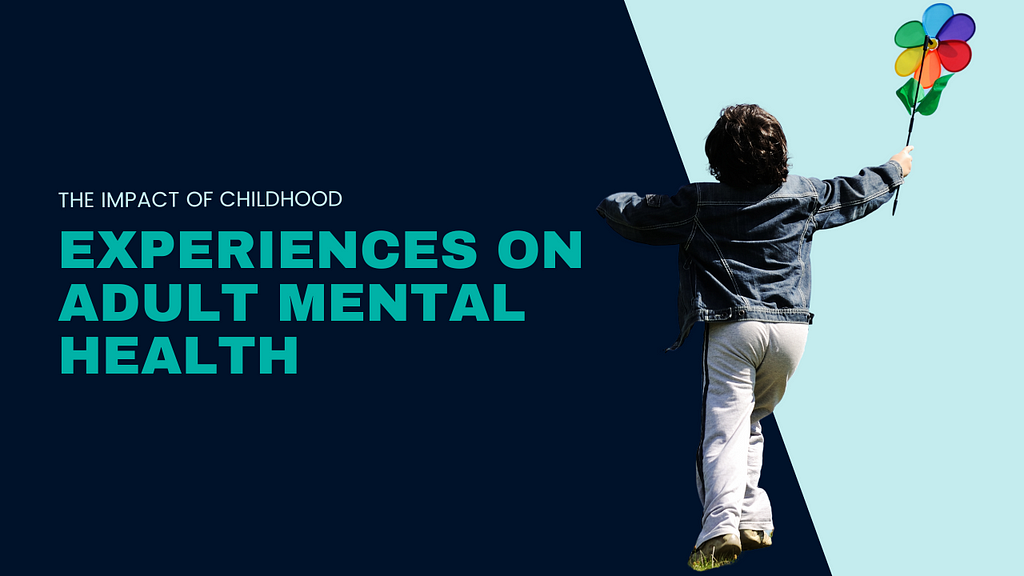
Childhood is a critical period in human development, shaping the foundation for one’s physical, emotional, and mental well-being. The experiences we encounter during these formative years play a pivotal role in determining our adult mental health. This article explores the profound impact of childhood experiences on the psychological well-being of individuals, shedding light on how early life events can influence mental health outcomes in adulthood.
1. Early Attachment and Emotional Regulation: The nature of early attachments with primary caregivers significantly influences emotional regulation skills in adulthood. A secure attachment fosters a sense of safety and trust, promoting emotional resilience. Conversely, insecure attachments may contribute to difficulties in managing stress and emotions. For instance, a child consistently neglected or exposed to inconsistent caregiving may struggle with anxiety or depression as an adult when facing relational challenges.
2. Traumatic Experiences and PTSD: Childhood trauma, such as physical or emotional abuse, neglect, or exposure to violence, can have lasting effects on mental health. Individuals who experience trauma during their formative years may develop Post-Traumatic Stress Disorder (PTSD) in adulthood. For example, a person who witnessed domestic violence as a child may exhibit symptoms like flashbacks and heightened anxiety in response to similar situations later in life.
3. Impact on Cognitive Functioning: Cognitive development during childhood sets the stage for how individuals process information and solve problems in adulthood. Positive experiences, such as enriched learning environments and supportive educational experiences, contribute to cognitive resilience. Conversely, adverse childhood experiences, such as chronic stress or maltreatment, can impair cognitive functioning. This may manifest in difficulties concentrating, making decisions, or adapting to new situations.
4. Influence on Interpersonal Relationships: Childhood experiences shape the way individuals form and maintain relationships. Healthy early social interactions often lead to the development of strong interpersonal skills. Conversely, a lack of positive social experiences may contribute to difficulties in forming connections. For instance, a child who grew up with neglect or abuse may struggle with trust and intimacy, impacting their adult relationships and overall mental well-being.
5. Role of Socioeconomic Factors: Socioeconomic status during childhood can impact mental health outcomes in adulthood. Children from disadvantaged backgrounds may face increased stressors and reduced access to mental health resources, potentially leading to long-term mental health challenges. The effects of socioeconomic factors can persist into adulthood, influencing issues such as depression, anxiety, and overall life satisfaction.
The influence of childhood experiences on adult mental health is undeniable, with early-life events shaping the psychological landscape for years to come. Recognizing the impact of these experiences is crucial for fostering a deeper understanding of mental health challenges. By addressing and providing support for individuals who have faced adverse childhood experiences, we can work towards breaking the cycle and promoting mental well-being across generations. It is evident that investing in positive early experiences lays the groundwork for healthier, more resilient individuals in the future.
The Impact of Childhood Experiences on Adult Mental Health was originally published in SynapseStorytime on Medium, where people are continuing the conversation by highlighting and responding to this story.